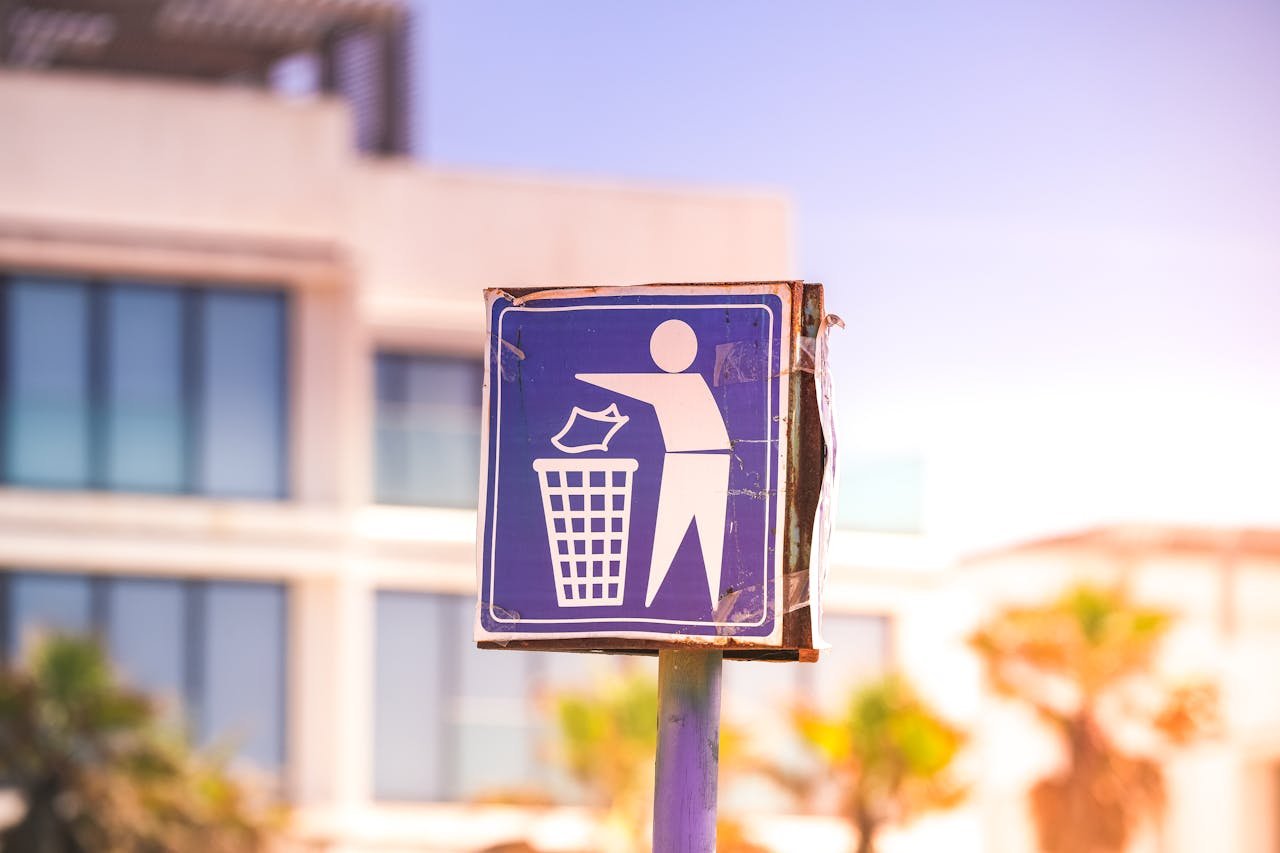Managing a residential property is more than just collecting rent and handling maintenance requests—it’s about creating a livable, peaceful environment where residents feel safe and respected. Yet, even in the best-run properties, conflict is inevitable. Noise complaints, parking disputes, lease misunderstandings, and personality clashes can quickly escalate without the right tools in place.
That’s where de-escalation comes in—not just as a reactive tool, but as a proactive strategy. While training in de-escalation techniques is essential for property managers and leasing staff, one of the most powerful and often overlooked tools is community building. Specifically, hosting regular community events can prevent tension and create a strong foundation for conflict resolution.
Why Community Building Matters in De-Escalation
Most conflicts that arise in apartment communities or residential complexes don’t start as major issues—they build up over time from misunderstandings, lack of communication, or simply not knowing the other person. When neighbors feel like strangers, they’re more likely to make assumptions and less likely to extend grace during moments of frustration.
By contrast, when neighbors feel connected and have had positive interactions, they’re far more inclined to approach issues with empathy. Property managers who invest in building a sense of community are investing in peace, goodwill, and smoother conflict resolution.
The Power of Community Events
Hosting regular events—big or small—can open the door to connection and build a sense of belonging. When residents feel that they’re part of something bigger, they begin to care more about the space and the people around them. That connection creates a buffer against tension and makes de-escalation much easier when issues do arise.
Here are some simple and effective community events that property managers can organize:
-
Monthly Coffee Meetups: Invite residents to a casual Saturday morning coffee hour in a common space. It’s a low-pressure way for neighbors to meet and chat.
-
Potlucks or BBQs: Food brings people together. Hosting a seasonal BBQ or potluck gives everyone a chance to contribute and mingle.
-
Game Nights or Movie Nights: These encourage fun and shared experiences, building trust and camaraderie.
-
Workshops or Classes: Consider offering free or low-cost workshops—like financial planning, wellness, or even conflict resolution! These not only provide value but also show residents you’re investing in their growth.
-
Volunteer Opportunities: Organize a day for residents to give back, whether it’s a local clean-up, food drive, or charity event. Shared purpose is a powerful unifier.
How Events Help with De-Escalation
-
Humanizing Neighbors: When people know each other, it’s easier to give the benefit of the doubt. A neighbor you’ve shared a laugh with is less likely to be labeled as “rude” or “difficult” in a moment of tension.
-
Opening Lines of Communication: Events provide a natural setting for residents to voice concerns informally. Property managers often hear valuable feedback during these gatherings—before things escalate.
-
Establishing Trust: Residents who feel heard, seen, and appreciated are less likely to respond aggressively when problems arise. Trust in management is key to resolving disputes calmly.
-
Modeling Respectful Dialogue: When managers lead events with openness, kindness, and authenticity, it sets the tone for how communication is handled across the property.
Final Thoughts
De-escalation isn’t just about calming people down—it’s about creating an environment where people feel connected, respected, and understood from the start. While training in communication and conflict resolution is essential for property managers, creating opportunities for community connection may be your most powerful tool.
Community events don’t have to be expensive or elaborate—they just need to be consistent and welcoming. Over time, they’ll build the kind of culture that makes your property not only easier to manage but also a place people are proud to call home.











